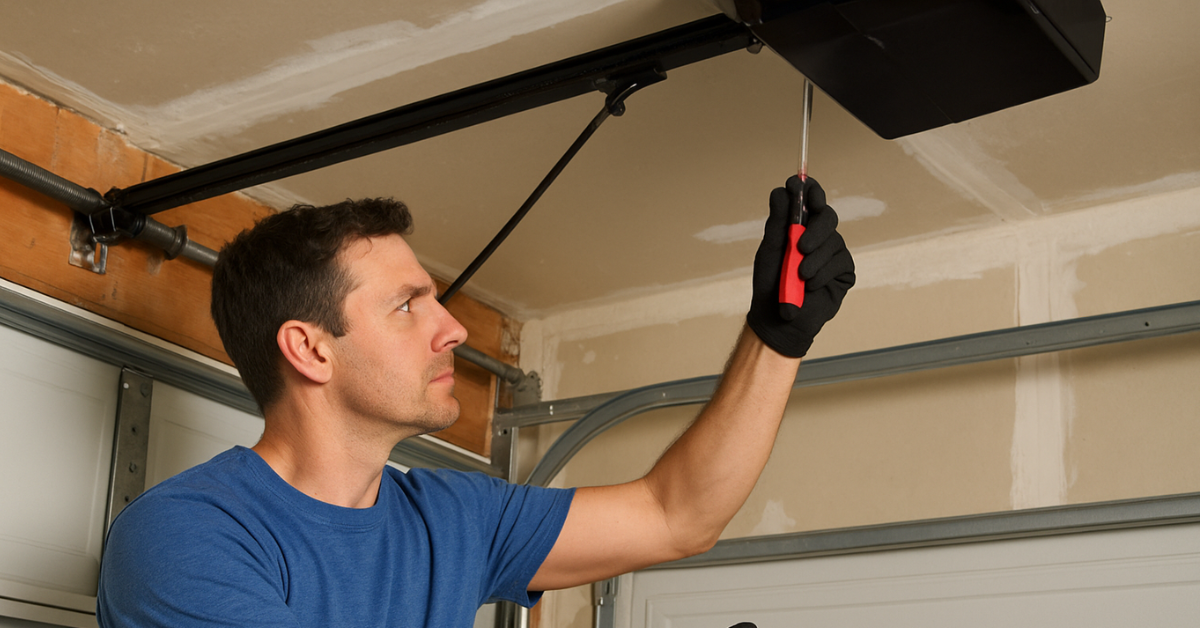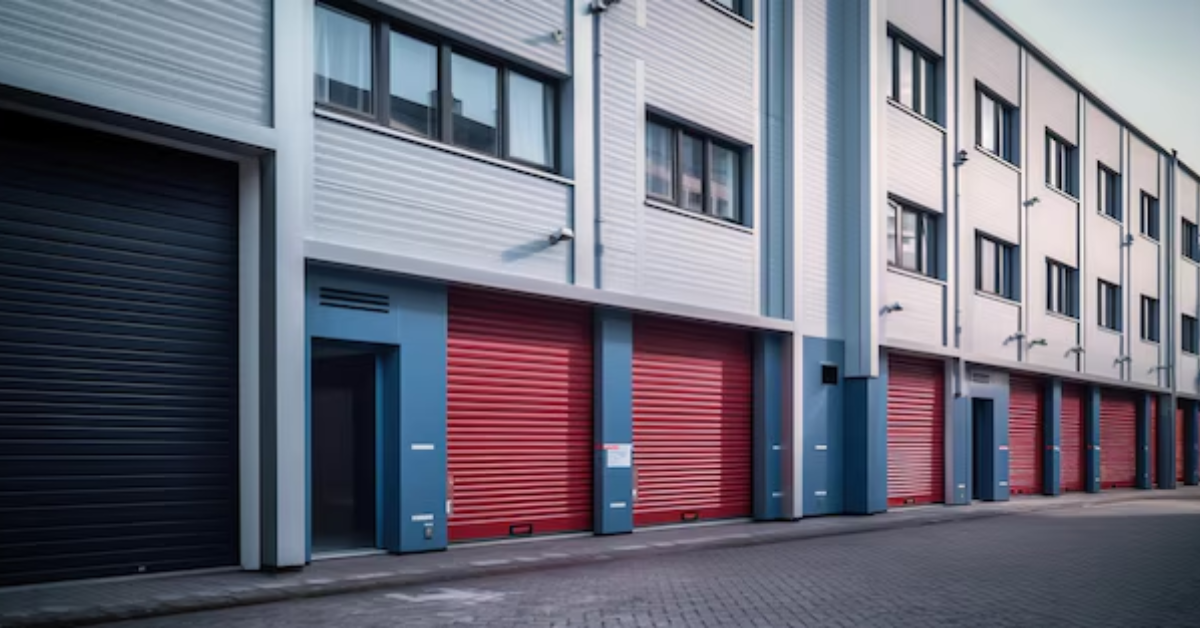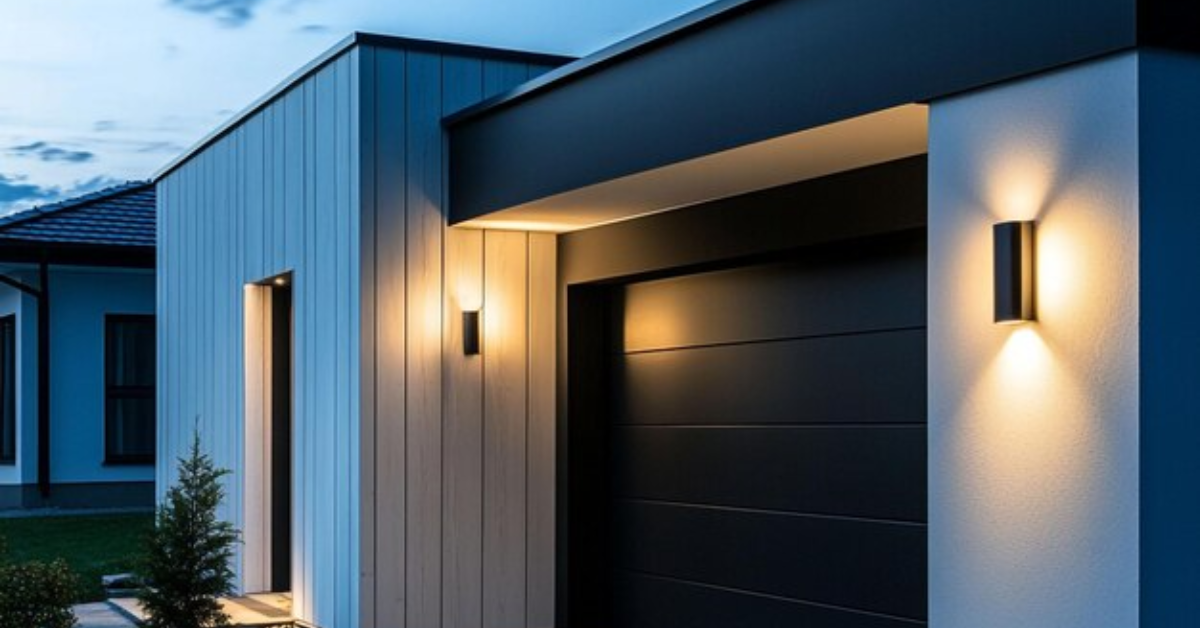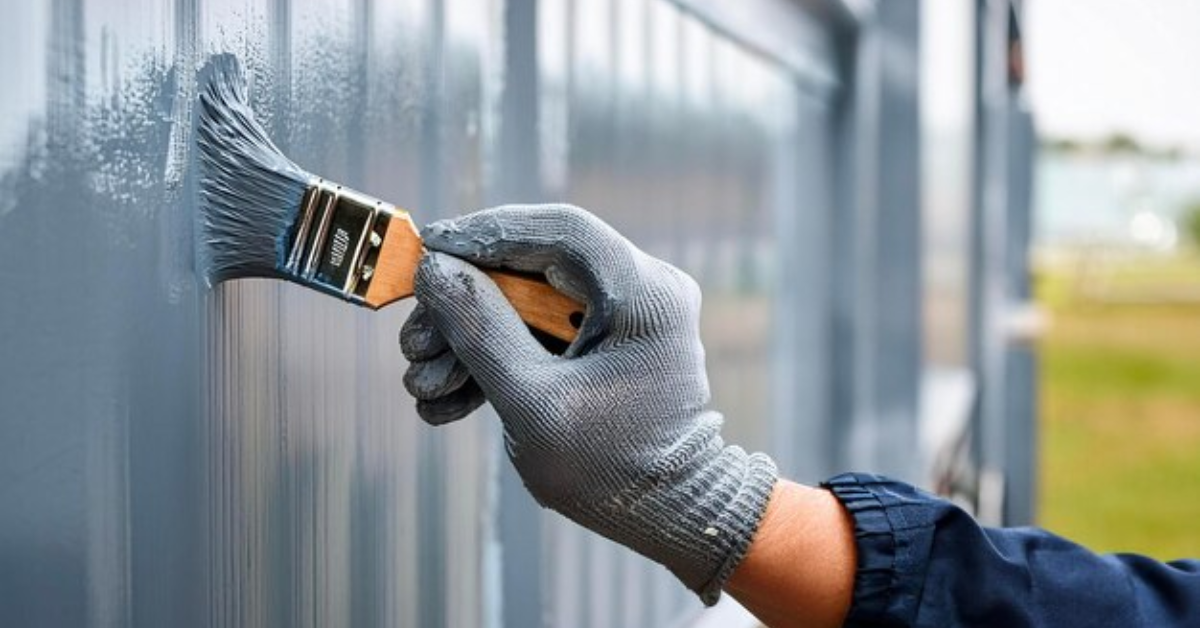Keep Your Automated Garage Door Working Like New
Your automated garage door is more than just a convenience — it’s a modern-day essential that provides safety, comfort, and easy access to your home. However, like any other machine, it needs regular care to keep it running smoothly. Neglecting automated garage door maintenance can lead to noisy operation, reduced performance, or even unexpected breakdowns.
Whether you’re a homeowner who recently upgraded to an automated system or someone who wants to prolong the lifespan of their existing door, this guide will walk you through simple yet effective ways to keep your garage door working like new.
The Importance of Automated Garage Door Maintenance
An automated garage door combines mechanical, electrical, and digital components — all working in harmony to lift and lower your door with precision. Regular garage door maintenance ensures these parts continue functioning properly and safely.
Without proper care, dirt, moisture, and lack of lubrication can cause friction, wearing out the springs, rollers, and motor over time. Routine maintenance not only helps you avoid expensive repairs but also keeps your home safe and energy-efficient.
How Often Should You Service Your Garage Door?
Experts recommend checking and servicing your automated garage door at least twice a year — once before winter and once before summer. These seasonal inspections help you spot potential issues early, such as frozen tracks, worn-out seals, or overheating motors.
If you use your garage door multiple times a day, a quarterly inspection may be even better to maintain top performance.
Step-by-Step Guide to Keep Your Automated Garage Door in Great Shape
1. Inspect All Moving Parts
Start your garage door care routine by inspecting all visible components. Check for loose bolts, worn hinges, and frayed cables. Make sure the rollers glide smoothly within the tracks and that the springs are intact.
If you notice rust, squeaks, or wobbling, it’s a sign that something needs tightening, cleaning, or replacing.
2. Lubricate the Key Components
Lubrication is one of the easiest and most effective ways to extend your garage door’s life. Apply a silicone-based lubricant or a specialized garage door oil to moving parts like:
- Rollers
- Hinges
- Springs
- Tracks
Avoid using grease or WD-40, as they attract dust and can clog the system. Proper lubrication reduces noise, friction, and strain on the motor — ensuring smooth operation.
3. Clean the Door and Tracks Regularly
Dirt and debris can affect the door’s performance. Use a damp cloth and mild soap to clean the panels, then wipe the tracks with a dry cloth. Avoid harsh chemicals that might damage the paint or finish.
For smart garage door systems, make sure the sensors near the floor are clean and unobstructed. Dust or spider webs can interfere with the infrared beam, causing your door to reverse unexpectedly.
4. Test the Auto-Reverse Safety Feature
Modern automated garage doors come with an auto-reverse safety feature that prevents accidents. To test it:
- Place a solid object (like a small block of wood) under the door.
- Close the door using your remote.
- The door should stop and reverse upon contact.
If it doesn’t, disconnect the power and contact a professional immediately. This feature is crucial for preventing injuries and property damage.
5. Check the Weather Seals
Weather seals prevent rain, dust, and pests from entering your garage. Over time, these seals can harden or crack. Inspect the rubber strip along the bottom of your door and replace it if you notice wear.
Maintaining proper sealing not only protects your belongings but also improves your home’s energy efficiency by preventing drafts.
6. Monitor the Door Balance
If your automated garage door isn’t balanced properly, the motor works harder and wears out faster. To check the balance:
- Disconnect the opener.
- Manually lift the door halfway.
- If it stays in place, the balance is good.
- If it falls or rises on its own, the springs may need adjustment.
Spring adjustments are best handled by a professional, as they’re under high tension and can be dangerous to fix without proper tools.
7. Keep the Remote and Opener System Clean
Your remote control and opener system also require care. Replace old batteries, wipe the remote clean, and ensure the opener’s antenna is free from dust.
If your opener uses Wi-Fi or smart technology, keep its firmware updated to prevent connectivity or security issues.
Signs Your Garage Door Needs Professional Help
Even with regular garage door maintenance, some issues require expert attention. Watch out for these signs:
- Grinding or squealing noises during operation.
- The door opens unevenly or gets stuck halfway.
- The motor hums but doesn’t lift the door.
- The remote or wall switch stops responding.
Professional technicians can diagnose problems with springs, cables, or circuit boards — saving you from further damage or injury.
How Long Should an Automated Garage Door Last?
With consistent garage door care and timely repairs, most automated doors can last 15 to 30 years. However, the opener mechanism typically lasts around 10 to 15 years.
Regular inspections, lubrication, and weather protection can easily add several extra years to your system’s lifespan.
Final Thoughts
Your garage door is an investment in both convenience and security. With a little time and consistent attention, you can keep your automated garage door working like new for many years.
Make it a habit to inspect, clean, and lubricate your system a few times a year. Always prioritize safety — and when in doubt, don’t hesitate to call a professional. A well-maintained garage door not only performs better but also adds value and peace of mind to your home.
FAQs About Automated Garage Door Maintenance
Q1. How often should I lubricate my garage door?
A: Lubricate the moving parts every six months to prevent friction and noise.
Q2. Can I replace a broken garage door spring myself?
A: No. Garage door springs are under high tension and should only be replaced by trained technicians.
Q3. What’s the
best lubricant for garage doors?
A: Use a silicone-based spray or a lithium-based lubricant designed specifically for garage doors. Avoid regular grease.
Q4. Why is my garage door making grinding noises?
A: The noise could come from dry rollers, loose hardware, or an unbalanced door. Try lubrication first; if the noise persists, call a technician.
Q5. How do I maintain smart garage door systems?
A: Keep sensors clean, test connectivity regularly, and update the app or firmware to ensure smooth operation.




